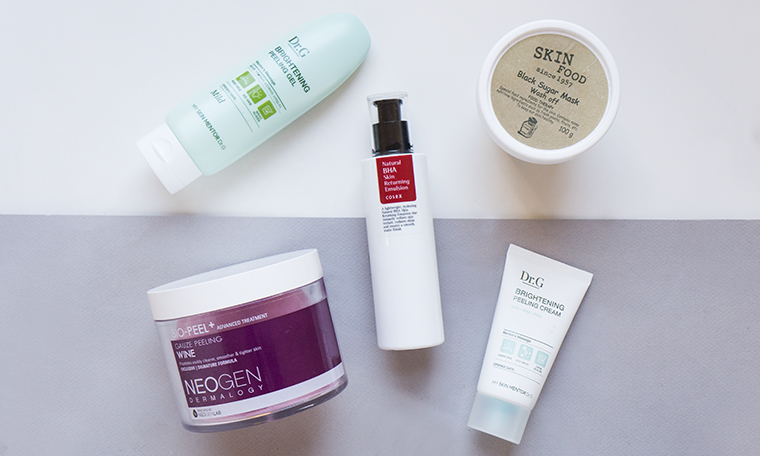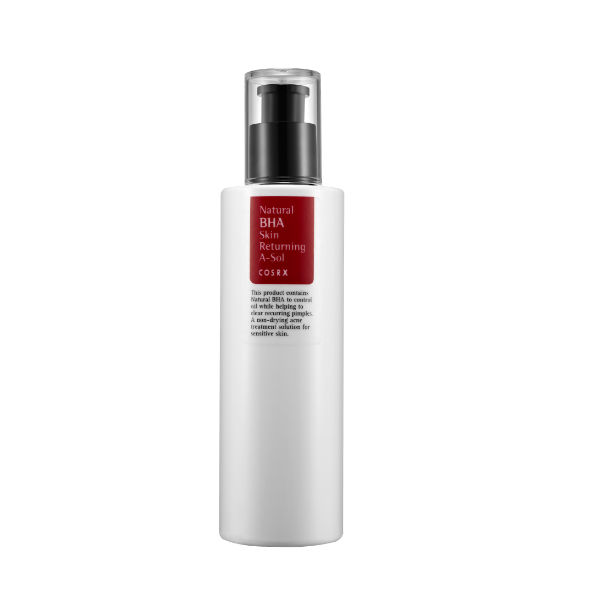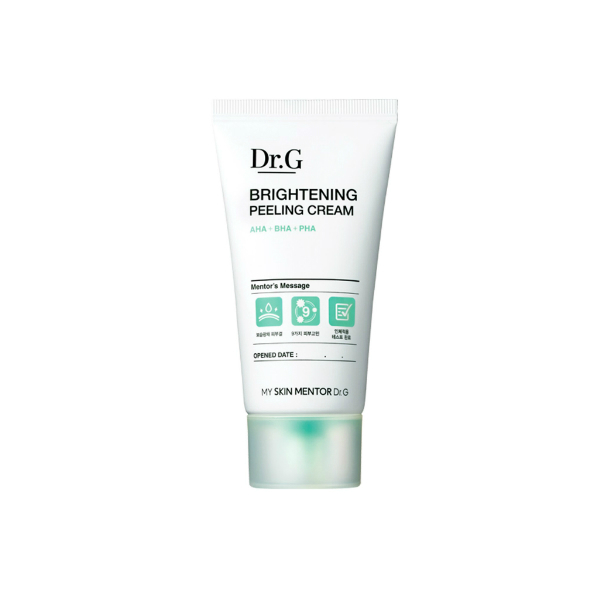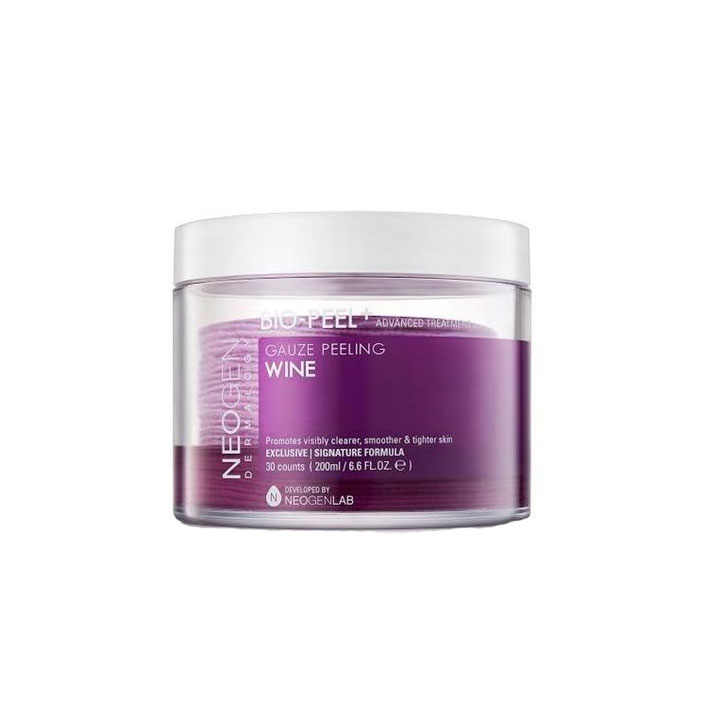Do you use exfoliators during the day or night? We got the answer from a derm!
Like most people, I have a morning and nighttime skin care routine which usually ends up being the basics in the morning with a more extensive night routine that focuses on cleansing and repairing. This can create confusion on what products to use and at what time of the day. With all the different steps and different times, it’s no wonder exfoliators have become a grey area.
Have you wondered whether you should use your exfoliators during the day or at night? You’re not alone. Keep reading to find out the best time to use your exfoliators.
First, what are the different types of exfoliators?
To start, let’s talk about how exactly exfoliators work. Whether you’re new to skin care or a seasoned pro, it’s important to understand how the products you are using affect your skin. Your skin actually renews itself every 28 days, but before it can do that dead skin cells tend to build up, which can clog pores and leave your skin looking lackluster and dull. Exfoliators can help by sloughing off dead skin cells and revealing the new ones hidden beneath. Exfoliating tends to leave your skin looking brighter and refreshed.
Exfoliators can be split into two different categories: physical and chemical. Physical exfoliators use more abrasive ingredients like sugar, gommage, or even gauze pads to get rid of the dead skin cells on the surface of the skin. Chemical exfoliators use acids, like AHA, BHA or PHA, to deep clean the pores above and below the surface while also dissolving dead skin cells so you have cleaner, less breakout-prone skin. The main difference between these two is that chemical exfoliators go beyond the surface, unlike physical ones. But that doesn’t make one better than the other. It’s really up to personal preference.
So, should you use them during the day or at night?
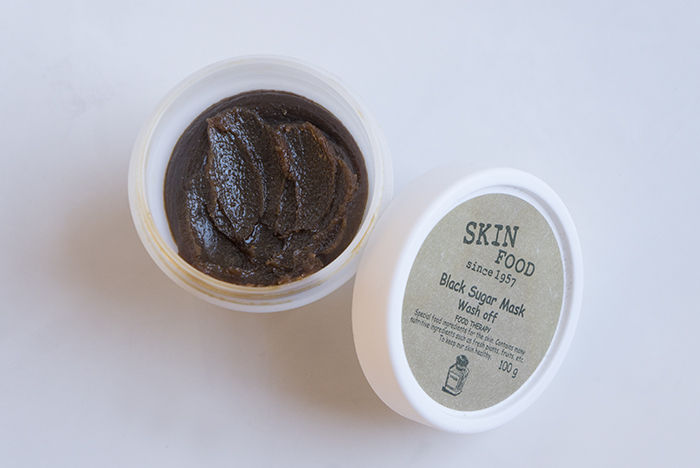
“You can use an exfoliator any time (morning or night) but I typically don’t recommend a physical exfoliator more than one to two times a week” says dermatologist Kavita Mariwalla. For physical exfoliators, like the My Skin Mentor Dr. G Brightening Peeling Gel that uses natural cellulose to exfoliate and the Skinfood Black Sugar Wash Off Mask that uses sugar, both can be used during the day or at night since they don’t use chemical acids to slough off dead skin cells. The general rule is that you want to use chemical exfoliators at night since they can leave your skin more sensitive to UV light.
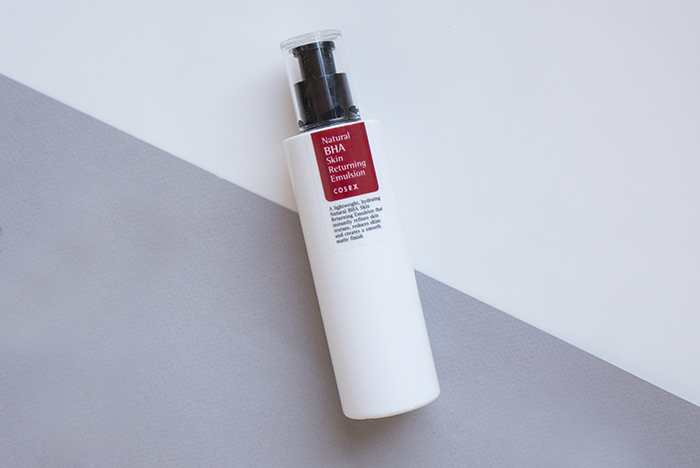
But this can create confusion. Toners like the Cosrx BHA Skin Returning A-sol contain chemical exfoliators, and if you only have one toner, you would want to use it during the day and at night. The same confusion can apply for multi-purpose exfoliators, like the Neogen Bio Peel Gauze Peeling in Wine, which contains a combination of physical and chemical exfoliators. You can still use them during the day, but Mariwalla has a warning. “Be careful about sun exposure because your skin can become more sensitive,” she says. “After using a chemical exfoliator during the day, I recommend an antioxidant and sunscreen.”
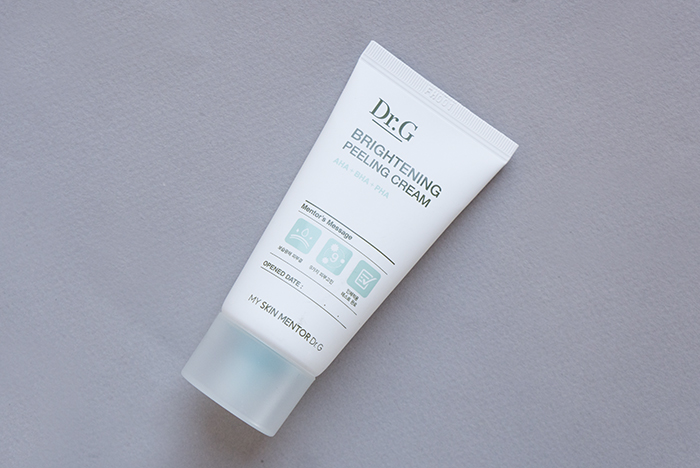
Despite the fact that you can still use all exfoliators during the day and at night, for more intensive acidic exfoliators over 7%, I would suggest staying on the safe side and leaving these for nighttime. Mariwalla agrees. “I think doing it at night is better because you wake up with smooth skin and a great base for your makeup,” she says. The same goes for cream exfoliators, like the My Skin Mentor Dr. G Brightening Peeling Cream. While this cream doesn’t contain too high of a percentage of chemical exfoliators, it is delivered in a cream form which would work better at night.
Bottom line:
Ultimately, there are no set rules on how to use your exfoliators, but it’s important to understand how they work so you protect your skin from unnecessary UV ray damage. So, if you do plan to use chemical exfoliators during the day, just make sure to load up on sunscreen so you can rest assured that your skin is protected.


